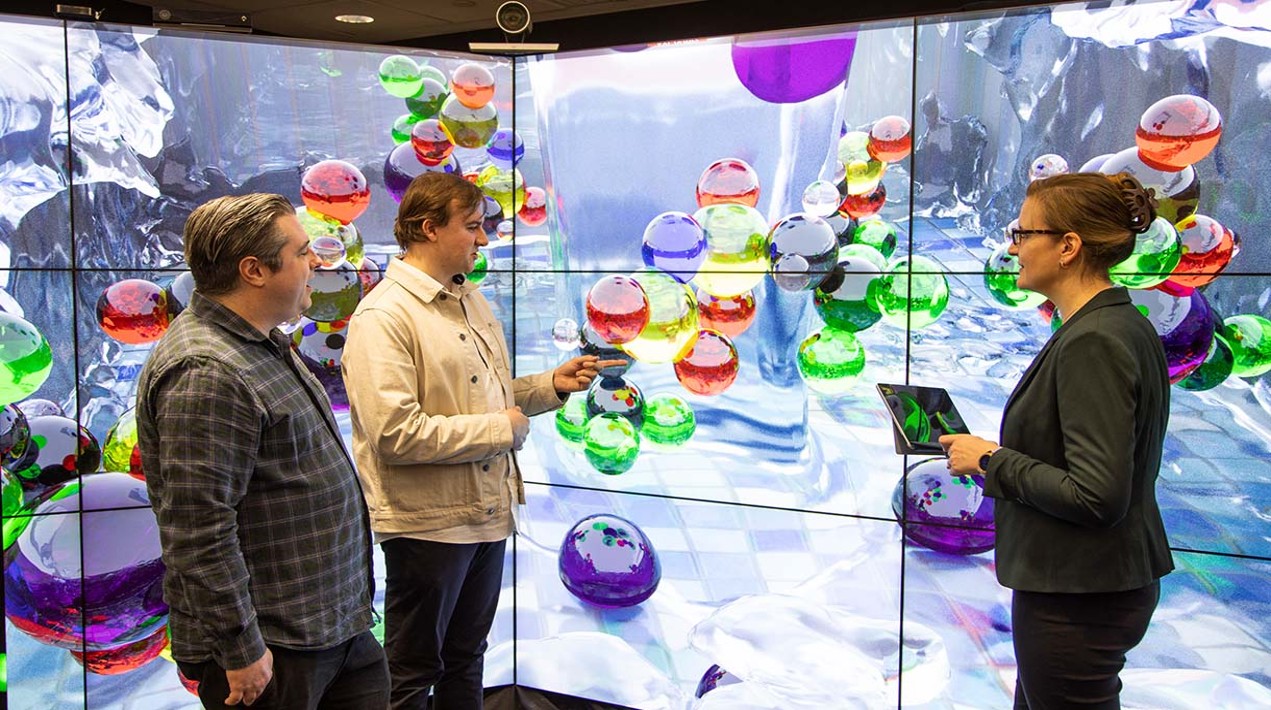
Melbourne scientists are using supercomputers to speed up the search for a key ingredient in the next generation of lithium-metal batteries, which could potentially increase storage capacity by 10-fold compared with current technology. The team led by RMIT University, in collaboration with CSIRO, say the work could benefit the development of batteries that allow electric vehicles to drive further and phones to last longer with a single charge.
The Senior lead researcher Professor Michelle Spencer from RMIT noted that the team used supercomputers to develop an ultra-fast way to screen hundreds of potential molecules that could make suitable electrolytes for lithium-metal batteries.
The work has the potential to benefit anyone wanting to use electronic devices, such as mobile phones and laptops, or electrified transportation like electric cars and future electric planes for commercial air travel, according to a Professor of Chemistry and the Deputy Director of the STEM Centre for Digital Innovation.
The work is only a small component of the large body of work being done in the rechargeable battery space, and electric flight for large-scale domestic and international travel is still a long way off, she added.
While there are ongoing and rapid advancements, this type of battery still faces several challenges related to the stability of the electrolyte. Developing electrolytes and the nature of their individual components is critical to the ultimate success of this exciting battery technology.
It was noted that organic-based electrolytes used in lithium-ion batteries are not compatible with batteries using lithium-metal as the anode, as they tend to decompose when exposed to the metal.
The research, which also involved RMIT PhD scholar Dale Osborne and CSIRO scientists Dr Michael Breedon and Dr Thomas Rüther, is published in the Journal of Materials Chemistry A.
The team can identify specific features or molecules that might perform better and recommend them to experimental groups to test in the lab. And they are able to calculate how modifying the chemical structure of the electrolyte molecules in a battery can ultimately increase the effective capacity of lithium-based batteries.
Key information can be provided to enable the reduction of research time and costs, beneficial for progressing battery technologies in shorter timeframes.
The computational approach that has been developed dramatically speeds up the screening process, which would traditionally be prohibitively expensive and time consuming if each candidate molecule were to be experimentally synthesised and tested in the lab.
Looking ahead
The team is investigating further modifications of the electrolyte molecules that might widen their electrochemical stability, pushing the boundaries of battery storage capacity. They are also looking into modifications to lithium-air battery chemistry, which are still in the developmental phase, but could be even lighter and suitable for cutting-edge applications such as electric flight.
The researchers use supercomputing facilities at the National Computational Infrastructure (NCI) Facility in Canberra and the Pawsey Supercomputing Centre in Western Australia.
RMIT’s RACE Hub is also being used to analyse the data and produce high-resolution animations that aid in the interpretation of the data and communicate research findings.
RMIT is collaborating with two tech giants to be the first Australian university to implement a dedicated commercial cloud supercomputing facility. Known as RACE Hub, it is enabling true scalable and elastic high-powered computing to support digital innovation.
















